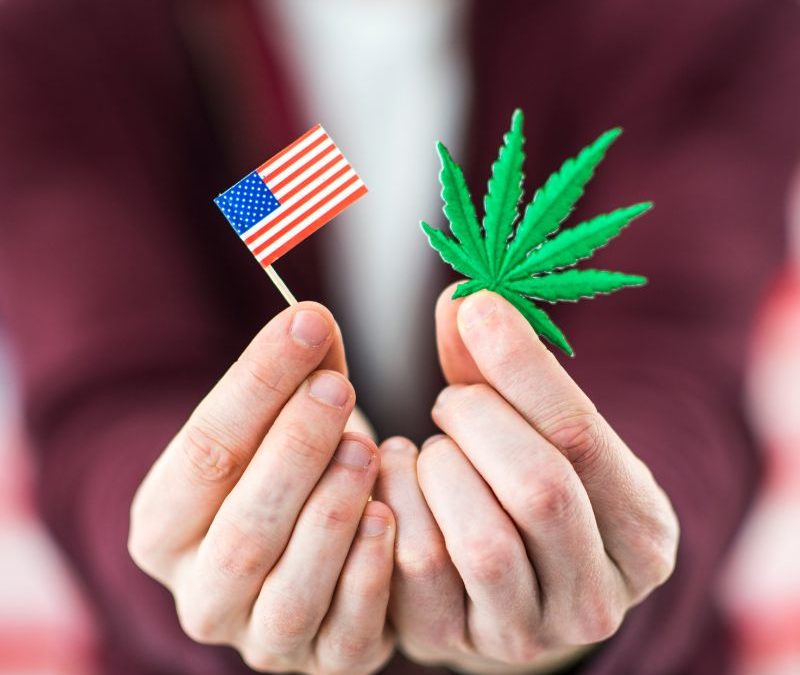Colorado Springs Faces Simultaneous Approval and Ban of Marijuana
In Colorado Springs, a city in the U.S. state of Colorado, a unique legal paradox may soon emerge as both the approval and prohibition of marijuana sales could take effect at the same time. On November 5, voters in the city of nearly 500,000 people cast ballots on two conflicting measures:
- A ban on the sale of marijuana within city limits
- The legalization of recreational cannabis sales in stores that already sell medical marijuana
According to preliminary vote counts, both initiatives received support from about 53% of voters. As a result, city officials are now faced with the task of enacting two contradictory ordinances, which Mayor Yemi Mobolade described as an “interesting legal dilemma.”
Recreational cannabis was legalized statewide in Colorado in 2012, but marijuana sales have remained illegal in Colorado Springs ever since. The likely reason for this ongoing ban is the presence of a major Air Force Space Command base in the city, although this has not prevented the sale of medical cannabis products.
Uncertainty Remains Over Marijuana Sales in Colorado Springs
Over the past weekend, it was reported that the proposal to legalize marijuana sales was rejected, falling short by about 2,500 votes. However, it is still too early to declare defeat for supporters of cannabis policy reform, as votes from military personnel and residents currently overseas have yet to be counted.
Even if both measures are ultimately approved, it is unlikely that marijuana sales will be permitted in Colorado Springs. City Hall spokesperson Max Donofrio stated that officials would have to reject the provisions allowing cannabis sales because they conflict with the existing law prohibiting such activity. No explanation was given as to why the ban would take precedence over the legalization measure.
Despite this, activists advocating for cannabis legalization remain optimistic. Representatives of the group “Citizens for Responsible Marijuana Regulation” believe that once all votes are counted, the ban on marijuana sales will have received less than half the votes and therefore will not take effect. They argue that what they call a “cynical plan” by officials to create confusion will ultimately fail, and that the will of the people—who voted to allow marijuana sales—will prevail. However, activists may be overlooking the fact that a similar initiative was rejected by a majority of voters in 2022.



